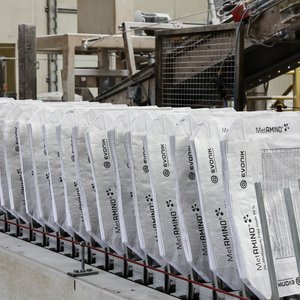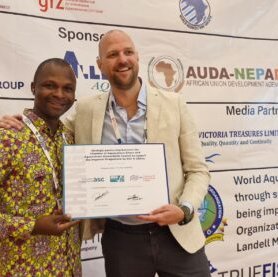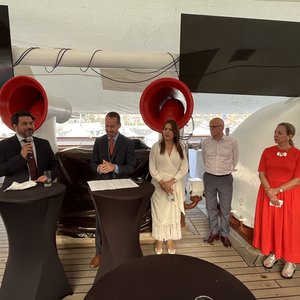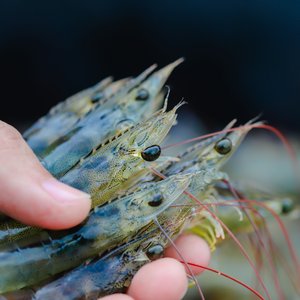The rise and rise of aquaculture
The rapid rise of aquaculture will fundamentally change the way people relate to the oceans, say scientists from the EU-funded MarBEF (Marine Biodiversity and Ecosystem Functioning) project, writing in the journal Science.
The growth of aquaculture is very much a modern phenomenon; around 430 (97%) of the aquatic species which are cultivated today were domesticated in the last 100 years, and almost a quarter of these were domesticated in the last decade. In contrast 90% of domesticated land animals and plants have been cultivated by humans for over 200 years.
The rapid rise of aquaculture can be attributed to a number of factors, the researchers note. For example, land domestication has focused almost entirely on mammals and birds, whereas a wide variety of marine creatures have been domesticated, including mollusc, crustaceans, vertebrates and jellyfish. Furthermore, over 3,000 marine species are used as food, compared to less than 200 land species.
Another factor is the overexploitation of the world's fisheries. 'Aquaculture production has been growing at rates of [around] 7 to 8% per year, compensating for the stagnation of fishers, and is likely to become the main source of marine food for humans as demands continue to grow,' the researchers write.
However, aquaculture has serious environmental consequences, including the deterioration of coastal ecosystems by run-off from aquaculture and impacts on wild species used as feed.
'The continuity of present rates of domestication and the capacity of aquaculture to meet the rising demands for seafood of a growing human population require that, by minimising environmental impact, a sustainable model be achieved,' the authors write.
They propose a model based on closed production cycles, with feed produced on the farm and the target species grown entirely in culture, reducing pressure on wild stocks.
Ultimately, the researchers believe that 'the development of aquaculture is bound to replace fisheries as animal husbandry replaced hunting on land'. This should relieve pressure on freshwater resources used to produce food on land, and stimulate technological developments, they say.
'These changes will modify employment and livelihood patterns of those involved in this industry,' the scientists conclude. 'The growth in the domestication of marine biodiversity thus represents a fundamental change in the way humans relate to the oceans.'










